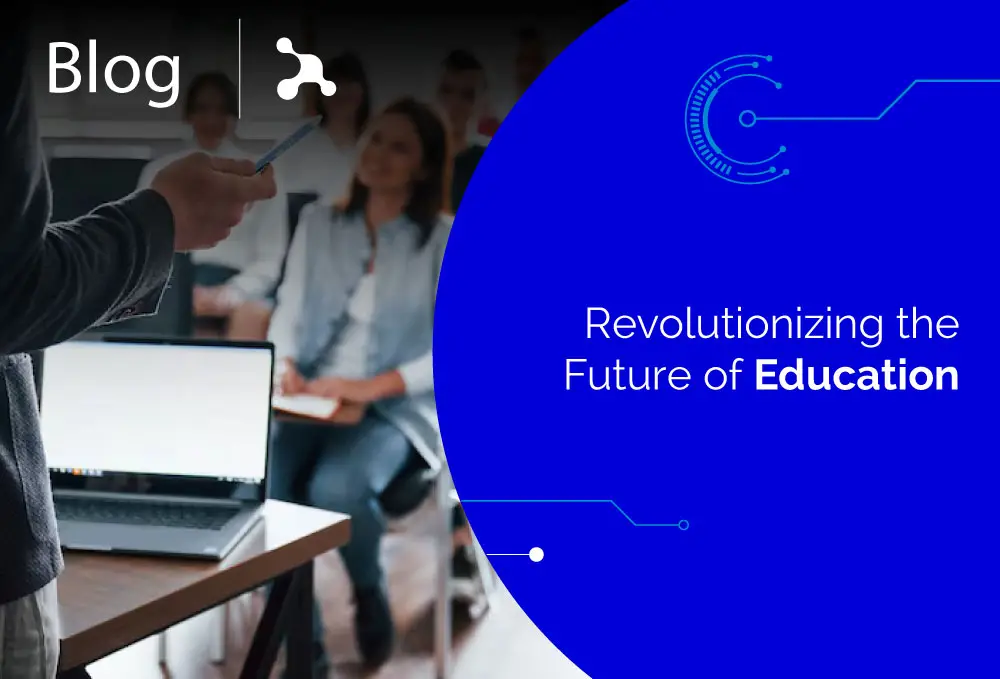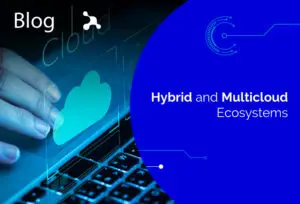Artificial Intelligence (AI) and User Experience (UX) are becoming key areas for the evolution of the education sector.
In a world where technology is advancing at a rapid pace, these two areas are revolutionizing the way students learn, teachers teach, and how institutions engage with new generations, responding to market demands.
AI in Education: The Future of Personalized Learning
AI is changing the way educational experiences are designed and delivered. One of its greatest impacts is personalized learning, where AI-based systems analyze student behaviors and needs to tailor content individually. Through this, the following can be offered:
- Personalized study plans: AI analyzes each student’s performance and preferences, adjusting the content and activities to their pace and learning style. This helps them stay engaged and improve academic results.
- Smart tutoring: AI assistants can act as virtual tutors, answering questions in real time and providing personalized support outside of school hours.
- Performance prediction: AI-powered educational platforms can anticipate areas where students might struggle and offer support before more serious problems arise.
Enhancing User Experience (UX) in Educational Platforms
An effective user experience is essential for students, teachers, and administrative staff to use educational platforms efficiently. User-centered design is increasingly relevant, as poorly designed interfaces can lead to frustration, lack of motivation, and a negative experience. Good UX in education includes:
- Ease of navigation: Platforms should be intuitive, with a clear structure accessible to any type of user, whether student, teacher, or administrator.
- Accessibility: An inclusive design is crucial to ensure that all users, including those with disabilities, can access educational resources.
- Interactivity: Incorporating interactive elements such as dynamic quizzes, simulations, and practical exercises enhances engagement and makes learning more enjoyable.
The Combination of AI and UX: A Powerful Alliance
When AI and UX design are properly integrated, they can offer truly transformative and meaningful educational experiences. Some of the ways this combination is impacting the education sector include:
- Real-time assessment: AI can automatically evaluate student performance and provide instant feedback, improving the user experience by reducing wait times for answers or grades.
- Chatbots and virtual assistants: AI-powered chatbots can answer questions, guide students through platforms, and improve interaction with educational content. These chatbots, with proper UX, provide a seamless and efficient experience.
- Personalized gamification: Gamification, when well-designed, can be a powerful tool to increase motivation. By combining AI and UX, the user experience can be personalized so that educational games adjust to each student’s skill level, maintaining a balance between challenge and enjoyment.
Challenges and Ethical Considerations
Although the combination of AI and UX in education offers tremendous opportunities, it also poses challenges:
- Privacy and data protection: Using AI to personalize learning collects large amounts of data on students. It’s crucial to ensure this information is handled ethically and securely.
- Inequality of access: Not all educational institutions have the resources to implement advanced technologies, which can widen the gap between those who have access to these tools and those who don’t.
Looking Ahead: An AI and UX-Driven Educational Ecosystem
The integration of AI and UX in education is just beginning. In the coming years, we will see an increasingly connected educational ecosystem where students will not only be consumers of content but also co-creators of their learning experiences. AI will continue to evolve to offer more personalized experiences, while UX design will remain essential to ensure these technologies are accessible, easy to use, and effective.
In conclusion, AI and UX are redefining how learning and teaching are done. As they advance, the education sector will have the opportunity to offer more inclusive, personalized, and effective experiences, preparing students for an increasingly digitalized future.




